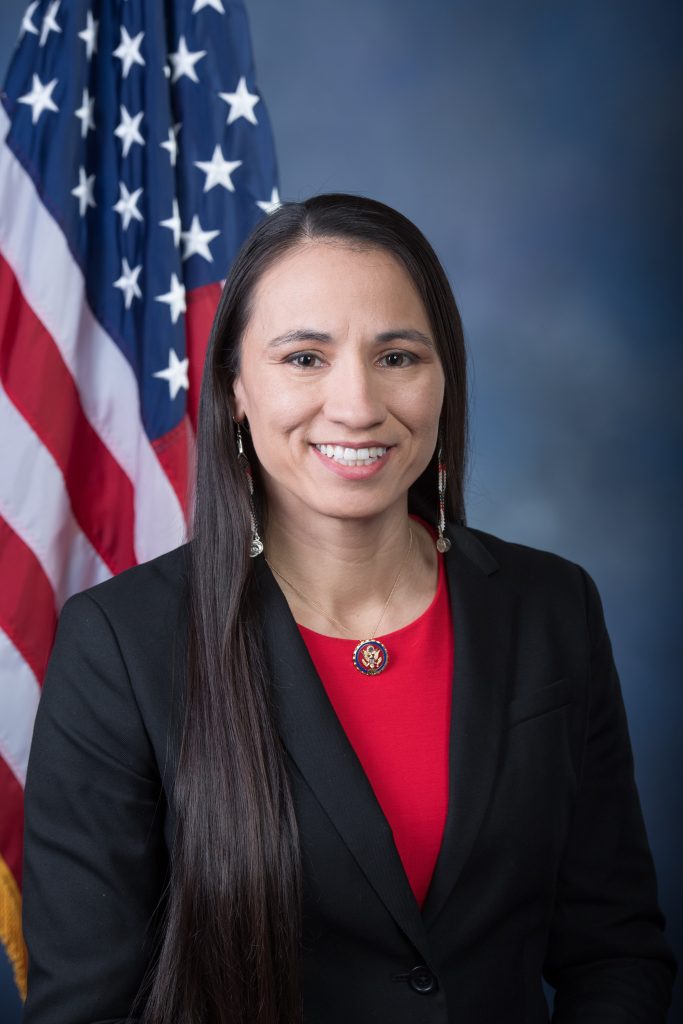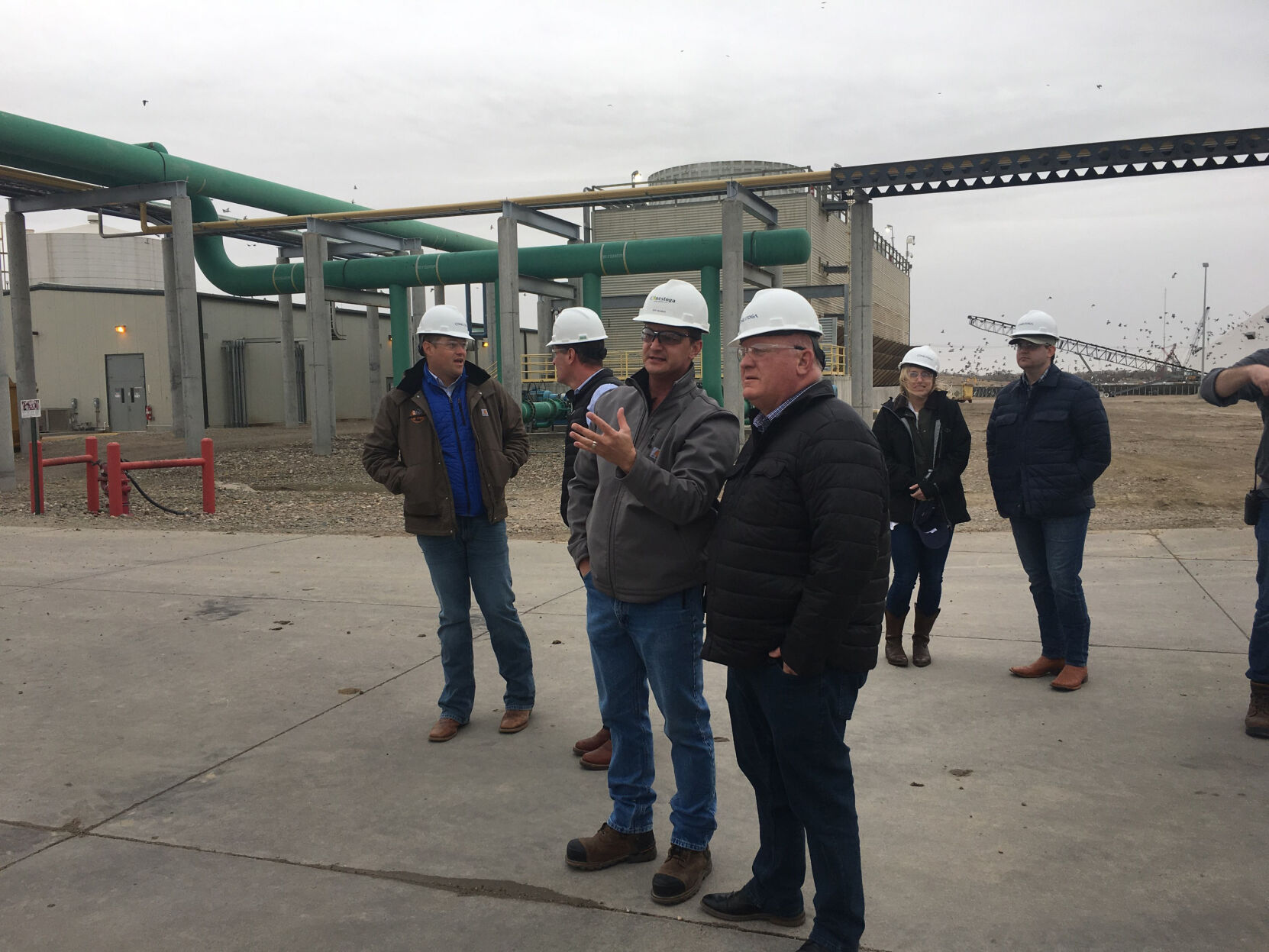The U.S. House Agriculture Committee voted 33 to 21 to advance the Farm, Food and National Security Act of 2024.
The action is a step in authorizing farm and nutrition related programs for the next five years and received the support of U.S. Rep. Tracey Mann, a Kansas Republican member of the committee.

“The Farm, Food and National Security Act of 2024 is a fiscally conservative farm bill that strengthens the American farm safety net and wisely invests taxpayer dollars,” Mann stated in a news release. “Since 2018, when the last farm bill was signed into law, American farmers, ranchers, agricultural producers and consumers have navigated record high inflation, labor shortages and a disrupted supply chain. During our farm bill listening sessions, stakeholders and agricultural community members made it crystal clear—they need a farm bill to provide them certainty like never before. The Farm, Food, and National Security Act protects crop insurance, invests in trade and research programs and conducts rigorous oversight to ensure that food and farm policy is properly implemented.”
The farm bill is estimated to cost about $1.5 trillion over 10 years.
Kansas is the nation’s third largest agriculture producing district in the country and ranks No. 1 in beef, wheat, and sorghum production. In May 2023, Mann and House Agriculture Committee Chairman GT Thompson hosted a farm bill listening session in Gypsum, Kansas, to hear directly from Kansas farmers, ranchers, agricultural producers and leaders to hear their priorities for the next farm bill. The session was attended by 150 people.
U.S. Rep. Sharice Davids, a Kansas Democrat member of the committee, stated in a news release that she supported several provisions, including protections and updates to crop insurance programs that provide backstops to farmers amid unexpected events, support for research funding to improve the resilience of our country’s agriculture sector, support for land-grant institutions that foster agriculture innovation and investments to construct and maintain agriculture research facilities.

Davids ultimately voted against the bill because she feared it was divisive and pits farmers against families and had no realistic pathway to becoming law, she said. She noted the bill, as written, would strip $130 million from Kansas’ Supplemental Nutrition Assistance Program budget, pushing more families with children, seniors and disabled individuals into hunger.
“Kansas farmers and ranchers are the backbone of our nation, providing food and resources to people at home and around the world. While today’s bill includes many great provisions to support those producers, such as strengthening crop insurance and improving agricultural research, it provides false hope to our farmers and would push Kansas families, children and seniors into hunger,” Davids said. “There are many provisions in this bill we all agree on, which is why I remain optimistic. I am committed to upholding the Kansas tradition of bipartisan agricultural policy, following the example of former Sens. Pat Roberts and Bob Dole, to craft a farm bill that enables Kansas farmers and families, from Garnett to Goodland, to thrive.”
Reactions
The National Corn Growers Association said many of the recommendations made by corn grower leaders are reflected in the legislation, and language in the bill would improve programs for corn growers across the country.
“We are deeply appreciative of the members on the committee and their staff for their work on this legislation,” NCGA President Harold Wolle said in a statement posted on the association’s website. “Advancing the farm bill through committee is an important milestone in the legislative process.”
During the markup, corn growers supported several amendments that were filed by committee members to improve the farm bill. Wolle said growers were appreciative of Rep. Max Miller, R-Ohio, for offering an amendment on sustainable aviation fuel that was adopted by the committee. He also thanked Rep. Dusty Johnson, R-South Dakota, for leading and offering an amendment requiring a mandatory base acre update that would better reflect corn growers’ priorities for commodity program eligibility.
NCBA commends legislation
In a May 24 news release, the National Cattlemen’s Beef Association thanked the House Agriculture Committee for passing the next farm bill. It includes top priorities for cattle farmers and ranchers including cattle health, voluntary conservation and food security provisions.
“Cattle producers are thankful that the House Agriculture Committee has advanced a farm bill that delivers on the needs of rural America,” said NCBA President and Wyoming rancher Mark Eisele. “This farm bill protects the cattle industry from foreign animal disease, supports producers’ voluntary conservation efforts and safeguards our food supply, recognizing that our food security is national security.
“I hope the full House will take the next step and pass this bill soon,” he said.
NPPC pleased farm bill passes, one step closer to fixing Prop. 12
The National Pork Producers Council announced May 24 in a news release that it is pleased the U.S. House Agriculture Committee has passed a farm bill, which supported all of its producers’ farm bill requests, including a federal fix to the host of Proposition 12 issues plaguing producers and consumers.
“The 2024 farm bill is a golden opportunity to address a top issue for pork producers across the country—California Prop. 12—and I’m pleased to see the U.S. House Agriculture Committee seize the opportunity to stop a potential 50-state patchwork of differing on-farm regulations,” NPPC President Lori Stevermer, a pork producer from Easton, Minnesota, said.
“At a time when bipartisanship is often a four-letter word in Washington, we applaud the House Agriculture Committee for working together to deliver a farm bill that validates America’s pork producers’ needs,” she said.
“We urge the U.S. Senate to follow suit and provide much needed certainty to pork producers and consumers across the country.”
A 2018 California ballot initiative, Proposition 12, prohibits the sale of uncooked whole pork meat not produced according to the state’s arbitrary housing dimensions. Recent USDA data indicates price spikes as high as 41% for pork in California since Prop. 12 came into effect.
NMPF thanks House Ag Committee for farm bill progress
In a May 24 news release, the National Milk Producers Federation thanked members of the House Agriculture Committee for their work to advance a farm bill through Congress this year, with bipartisan approval for a plan introduced by Chairman Glenn “GT” Thompson that includes numerous provisions important to dairy farmers and the cooperatives they own.
“We commend Chairman Thompson and committee members from both parties for approving a 2024 House farm bill that includes critical dairy priorities that will help support and grow this industry,” said Gregg Doud, president and CEO of NMPF. “We will do whatever we can to work with lawmakers in both chambers on a bipartisan basis to pass a new law as soon as possible, knowing that dairy is well-served by what the House Agriculture Committee approved today.”
Provisions benefiting dairy urged by NMPF are found across the bill’s titles, including ones that extend the Dairy Margin Coverage program through 2029; update production history for participating dairies to be based on the highest production year of 2021, 2022, or 2023; and extend the ability for producers to receive a 25% premium discount for locking five years of coverage. It would restore the “higher of” Class I mover to reinstate orderly milk marketing and require plant cost studies every two years to provide better data to inform future make allowance conversations, two key components of NMPF’s Federal Milk Marketing Order modernization proposal.
Also, it would support the bipartisan, House-passed Whole Milk for Healthy Kids Act to reverse the underconsumption of nutritious milk in our schools and boost funding for critical dairy trade promotion programs and protect the use of common food names worldwide.
The bill would support voluntary, producer-led conservation programs, such as the Environmental Quality Incentives Program, with dedicated funds for livestock operations and language encouraging states to prioritize methane-reducing practices.
The industry believes it would improve the certification of third-party service providers with technical expertise related to conservation planning to better assist producers participating in National Resources Conservation Service programs. Finally, it would continue the Farm and Ranch Stress Assistance Network and increase funding for animal health initiatives and programs.




